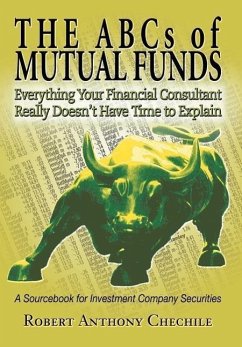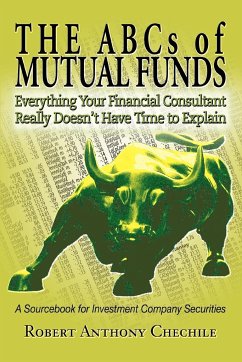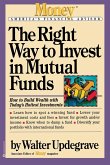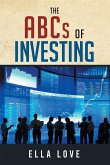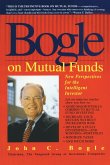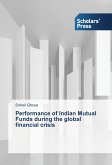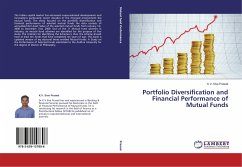Everyone desires to control their financial destiny; but many feel overwhelmed, fearful, or uncertain how this can be accomplished. Lectures on personal finance are rarely offered; and when "free" presentations--called seminars--are promoted, they are far from an educational experience. The underlying objective is to solicit sales of securities for which the presenter, a financial advisor, receives a commission. However acquired, the investment company is the investment of choice for the individual investor. Therefore, in The ABCs of Mutual Funds, author Robert Anthony Chechile explains the different investment company securities: mutual funds, contractual plans, hedge funds, exchange traded funds, folios, unit investment trusts, and variable annuities. Mr. Chechile discusses the securities industry: the differences between full service and discount securities dealers and the role and legal obligations of stockbrokers, as well as financial planners, and investment advisors. For those seeking financial control, he explains how to minimize risk with capital allocation and diversification guidelines; and presents conventional wisdom investment strategies that can avoid being caught in the fear-greed trap. Finally, Mr. Chechile recommends investment guidelines and selection criteria, and uses these to construct a hypothetical investment company portfolio, the future performance of which is then critiqued 7¿ years later.

